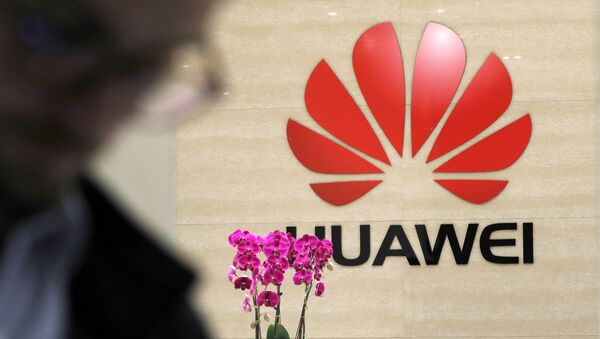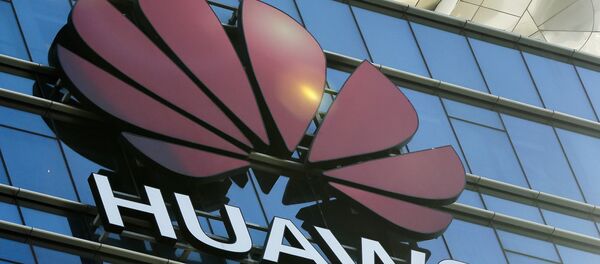Hu Houkun, rotating chairman at Huawei, said at a global analyst conference in Shenzhen that the company has shipped more than 70,000 5G base stations, up from 40,000 announced in late February.
"Fifth-generation mobile communication technology is coming much faster than expected," Hu said. "As 5G investment will be more value-driven, reliable and solid, it will generate new growth drivers for us."
Also globally, more than 100,000 5G base stations are expected to be shipped, compared with just 400 4G base stations during the same time frame, IHS Markit said.
Huawei's latest progress on 5G came after Germany's telecoms regulator told the Financial Times that the country's position is that "no equipment supplier, including Huawei, should, or may, be specifically excluded".
Belgian newspaper De Standard also reported earlier that The Center for Cybersecurity Belgium has found no evidence that telecoms equipment supplied by Huawei could be used for spying.
Hu said Huawei is adopting an all-industry, full-society approach for trust and aims to deepen partnership with tech providers, industries and regulators. It has already taken an extra step to ensure security by promising a $2 billion investment plan over the next five years to upgrade its coding procedure.
"Trust or distrust depends on facts, and facts should be verified on standards. The European Union has done a good job in this aspect," Hu said.
The company's carrier business, which includes Huawei's telecom equipment and services, recorded a loss in revenue of around 1 percent in 2018, as it faced security allegations in some markets. Huawei has repeatedly said such allegations are groundless and not backed by factual evidence.
"Personally, cybersecurity is not a political challenge. It is, in essence, a technical challenge. Huawei's position is that we need a systematic and well-accepted frame to help us understand cybersecurity risks and cooperate with others to prevent such risks," Hu said.
READ MORE: Huawei CEO Offers Germany 'No-Spy Deal' to Address Security Concerns — Reports
According to him, if the discussions on cybersecurity are politicized, it will be a very big challenge not only for companies, but also for trade relations. It will also result in the fragmentation of technology, which will harm the development of the global telecom industry.
Zhang Ming, head of the Mission of China to the EU, said cybersecurity is a common concern for the global community and businesses from all countries should receive fair, just and nondiscriminatory treatment.
Zhang said the formulation of relevant policies should not be based on some groundless allegations or fabricated stories.
This article originally appeared on the China Daily website.





